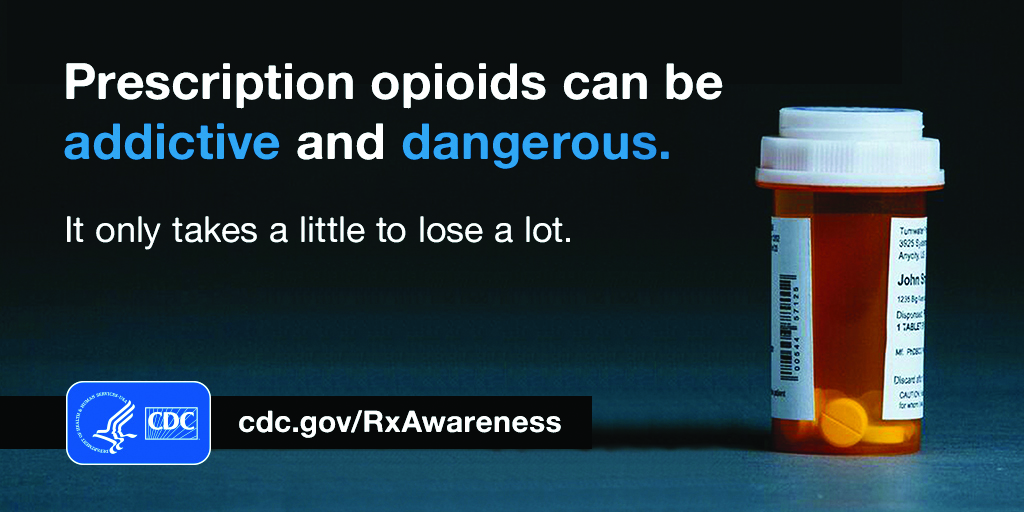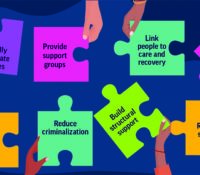Some Medicines and Driving Don’t Mix We are an overprescribed America—the US represents under 5% of the world’s population, but consumes about 80% of the world’s prescription drugs. In its...
Some Medicines and Driving Don’t Mix
We are an overprescribed America—the US represents under 5% of the world’s population, but consumes about 80% of the world’s prescription drugs.
In its 2013-14 National Roadside Study of Alcohol and Drug Use, the NHTSA found 10 percent of weekday, daytime drivers surveyed tested positive for prescription and/or over-the-counter drugs. These include sleep aids, anti-anxiety drugs and even allergy medicines. But, not all prescription and over-the-counter drugs affect driving.
Drivers Underestimate the Risks
Over the past three decades, society has come to frown on drunk driving. An overwhelming majority of drivers (94%) consider driving after drinking alcohol a serious threat to their personal safety. But, only 78% of drivers feel the same way about driving after use of prescription drugs.
Curb Your Risk of Driving Impaired
We need to become better advocates for ourselves during visits to the doctor, or when filling a prescription at the pharmacy. AAA research suggests only about half of doctors mention potential driving risks when prescribing medications to their patients. Become proactive by asking your doctor or pharmacist how the medications you take could affect your ability to drive.
Putting the topic on the table is your best shot at getting answers to help keep you healthy and safe, and others around you.




























